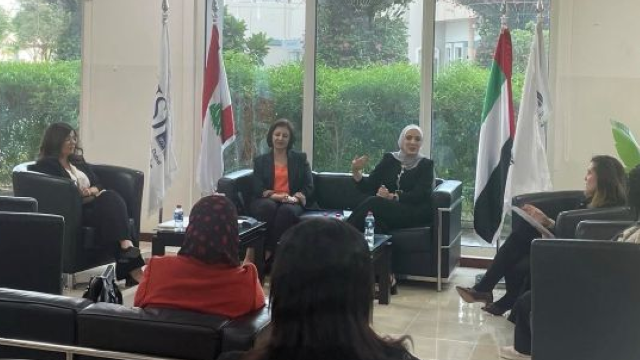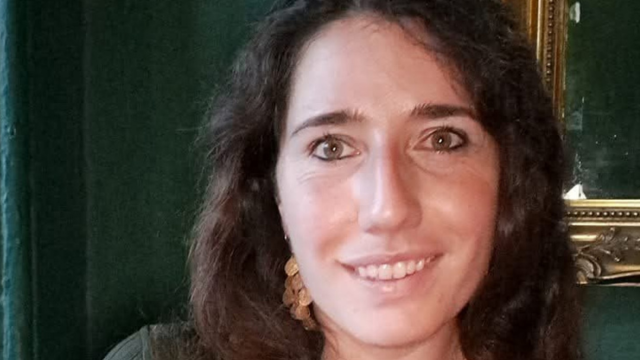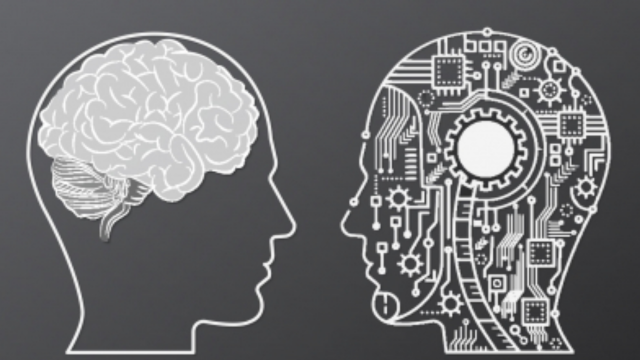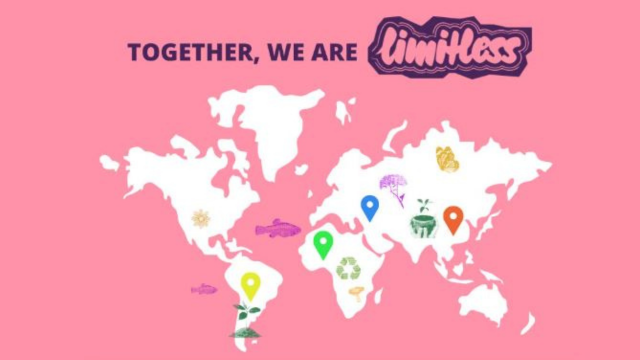-
QUALIFICATIONS
- For Linguists Worldwide
- For UK Public Services
- Preparation
- Policies & Regulation
-
MEMBERSHIP
- Join CIOL
- Professional Membership
- Affiliate Membership
- Chartered Linguist
- Already a member?
- Professional conduct
- Business & Corporate Partners
-
LANGUAGE ASSESSMENTS
- English
- All Other Languages
-
EVENTS & CPD
- Webinars & Events
- CIOL Conferences
- Networks
- CIOL Mentoring
-
NEWS & VOICES
- News & Voices
- CIOL eNews
- CIOL Awards
- The Linguist Magazine
- Jobs & Ads
-
RESOURCES
- For Translators & Interpreters
- For Universities & Students
- Standards & Norms
- CIOL & AI
- All Party Parliamentary Group
- In the UK
- UK Public Services
- Find-a-Linguist
Why I’m optimistic for interpreters
By Una Dimitrijevic

Even if machines one day become perfect at interpreting our words correctly, I’m not sure they’ll ever be able to do the following things that are always required of us as interpreters:
- Consider cultural context when interpreting
- Convey the tone and spirit of the original message
- Point out when one party may not have understood something which has been assumed by the other party
- Share cultural information when clashing cultural beliefs or practices are encountered
- Help develop an explanation when there is a lack of linguistic equivalency
- Signal a condition or factor which might impair the interpreting process (like poor sight lines or sound issues)
And what else is expected of us as interpreters?
- To have enough self-awareness to admit that we sometimes have insufficient knowledge of a specialist subject area, specific accents or dialects, or colloquial or idiomatic expressions
- To display humility to explain this and ask the speaker to rephrase or even refuse a job when we are not confident we are the right person for it
- To have a professional network to recommend skilled colleagues who work with other languages or have relevant specialisations
- To keep up-to-date through continuing education and interaction with colleagues and specialists in related fields
- To be sensitive to social contexts (like people's gender, religion, sexual orientation or socio-economic status) and ensure we don’t discriminate through our language or otherwise
I don’t think I’ll live to see the day when machines will be relied on to provide all that.
Una Dimitrijevic is an English translator and interpreter based in France. You can find her on LinkedIn or through her website: unadtranslation.com
Views expressed on CIOL Voices are those of the writer and may not represent those of the wider membership or CIOL.
Filter by category
More
The Chartered Institute of Linguists (CIOL), Incorporated by Royal Charter, Registered in England and Wales Number RC 000808 and the IoL Educational Trust (IoLET), trading as CIOL Qualifications, Company limited by Guarantee, Registered in England and Wales Number 04297497 and Registered Charity Number 1090263. CIOL is a not-for-profit organisation.








